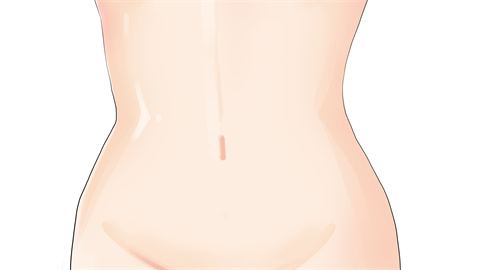Scarred uterus, 1.0 mm in thickness, how long can it last?
Generally speaking, a scarred uterus refers to a uterus with scars or adhesions. The duration that a scarred uterine wall measuring 1.0mm can sustain mainly depends on the scar healing condition and individual physical health. If the scar heals well and the individual's physical condition is good, it may sustain for 2-4 weeks. If the scar healing is poor and the person's physical condition is weak, it may sustain for only 1-2 weeks. In case of an emergency, prompt medical attention is recommended. Detailed analysis is as follows:

If the scarred uterus is treated promptly after detection and the individual's physical condition is good with strong wound healing capability, and there are no significant symptoms such as abdominal pain or scar-related bleeding, then with a thickness of only 1.0mm, the uterus might sustain for 2-4 weeks or even longer. However, during pregnancy, as the fetus gradually increases in size and intrauterine pressure rises, the duration the scarred uterus can sustain may shorten.
However, if no related interventions are performed after the diagnosis of a scarred uterus and the individual's healing ability is poor, accompanied by symptoms such as abdominal pain, scar-related bleeding, or abnormal vaginal bleeding, the sustaining duration may decrease, typically lasting only 1-2 weeks or even less. In such cases, pregnancy termination is generally recommended promptly, followed by waiting for the body to stabilize before surgical treatments such as uterine repair surgery or subtotal hysterectomy under a doctor's guidance.
It should be noted that after being diagnosed with a scarred uterus, especially when the basal layer of the uterus is thin, future pregnancies should be avoided to prevent unnecessary risks. Additionally, daily care should be maintained, such as adequate rest and maintaining local hygiene.




